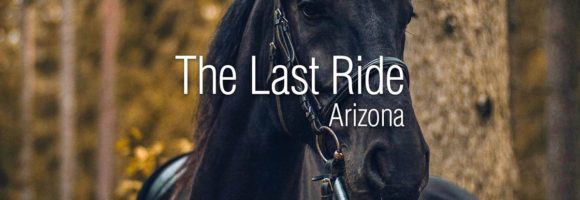Recognizing Common Dental Issues in Horses

Just as with humans, horses can face a number of dental issues that may need to be addressed. Some of these include:
- Malocclusion – caused by an overbite when the cheek teeth do not meet up and wear correctly, resulting in hooks in the last lower and first upper cheek teeth. Floating can help manage this condition by preventing the overgrowths from causing soft tissue trauma and oral pain.
- Retained caps – caused by deciduous teeth that do not shed at the proper time.
- Cuts – cuts to the cheek and the tongue can occur from sharp points on the cheek teeth, which may need to be filed down in order to prevent damage from occurring.
- Misalignments – misalignments of individual teeth can create ramps, hooks, steps and waves.
- Lost or fractured teeth – may be caused by the horse biting onto something that is too hard or as the result of gum issues or other health conditions.
- Excessively worn teeth – typically seen in older horses, excessively worn teeth make it hard for the horse to properly grind its feed.
- Abnormally long teeth – abnormally long teeth can get in the way in the horse’s mouth, making it difficult for it to properly chew and breakdown food.
- Infected teeth or gums – may be caused by a variety of health conditions and may be prevented through proper dental care.
Given the fact that teeth come in over a period of several years coupled with the fact that the cheek teeth do not come in perfectly, horses are predisposed to develop dental problems. Therefore, it is important to provide your horse with regular dental checkups to prevent this from happening.